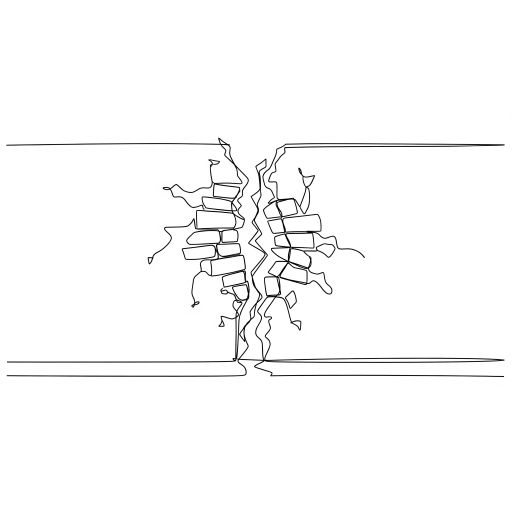Liberty Matters
From Antiquity to Now: A Few Final Thoughts on Boaz and Liberty

The knowledge that free will is a necessary component for human flourishing is hardly a new revelation. Aristotle’s rejection of determinism – which has impacted two millennia of theological as well as political theory – led to the great Peripatetic philosopher Alexander of Aphrodisius concluding that instead of human events being causally determined by some predetermined necessity, they are instead the result of a chain of cause and effect precipitated by human action. As such, individuals have both free real and moral responsibility for the outcome of their actions. As David observed in The Libertarian Mind, the sixth century BCE Chinese philosopher Lau-Tzu noted that “without law or compulsion, men would dwell in harmony.” Roughly 200 years later, Chuang Tzu, a student of Lau-Tzu’s philosophy, surmised that maybe men shouldn’t be governed at all.
While this notion of limited government has existed for a long time, it was rooted in the belief that it should be subordinated to the natural law. The issue with this, of course, is those limits are determined by one’s interpretation of what natural law is saying to us. This idea that men will form governments, under whichever set of justifications, because it’s just what men do, and that those governments need to be restricted by written laws, became a core part of the rise of classical liberalism around the 13th century CE. This was when England’s Magna Carta and Hungary’s Golden Bull restricted the powers of those respective kings, while small towns such as Magdeburg in Germany began experimenting with laws that emphasized self-determination at a local level.
This shift in ethical, philosophical and legal thinking towards written limits on government power led us to the concept of rule of law, in which government prerogatives are written, separated so that these powers can be checked, and are adjudicated by a body of judges. This concept permeated the works of David Boaz, and is a common thread among all of the essays included in this series. Andy Craig explains why power is antithetical to freedom unless it is brought under the rule of law. Even if one is a philosophical anarchist – as am I – governments exist, and as long as this reality exists, concentrated power that must be limited by the rule of law will also exist. Jonathan Blanks tells us how the manipulation of history can be utilized to engender a form of nationalism that endangers the rule of law. Such rank populism, which has certainly become an issue in Hungary, large segments of France and Germany, and even here in America, must constantly be guarded against.
Rule of law presupposes that all those within a nation’s borders must receive equal protection under the law. As Aaron Ross Powell details in his essay regarding the current atmosphere surrounding transgender individuals, this applies to those whose lifestyles we may not approve of for whatever reason we may not approve of it. It also applies to immigrants, as Ilya Somin demonstrates in great detail. Not only is the idea of treating foreigners humanely as old as Judaic law, the Crown’s failure to do so was one of the reasons behind the American Revolution.
Quite naturally, when legal philosophers began determining what governments could not do to their own citizens, these concepts extended to what they could not do to the citizens of other nations as well. Jurists such as Grotius and Pufendorf began extending the notions underpinning the rule of law to conduct between nations, giving rise to rules for international relations. David was no fan of wars of conquest, because they made the world a less free place on net, an observation which serves as the foundation for my own essay regarding the Russo-Ukrainian War. There are, naturally, other concepts found within David’s works that have been explored in this series, and I hope the reader benefits from all of them. David was a great communicator of libertarian ideals, which are needed in mainstream thought now more than ever.
I am grateful to Liberty Fund for allowing me to participate in honoring such an accomplished, important individual, and for allowing me to dialogue with this impressive collection of distinguished, accomplished scholars. The fight for liberty – not just at home, but across the globe – is far from over, and there are many miles to go before we may sleep.
Copyright and Fair Use Statement
“Liberty Matters” is the copyright of Liberty Fund, Inc. This material is put on line to further the educational goals of Liberty Fund, Inc. These essays and responses may be quoted and otherwise used under “fair use” provisions for educational and academic purposes. To reprint these essays in course booklets requires the prior permission of Liberty Fund, Inc. Please contact oll@libertyfund.org if you have any questions.